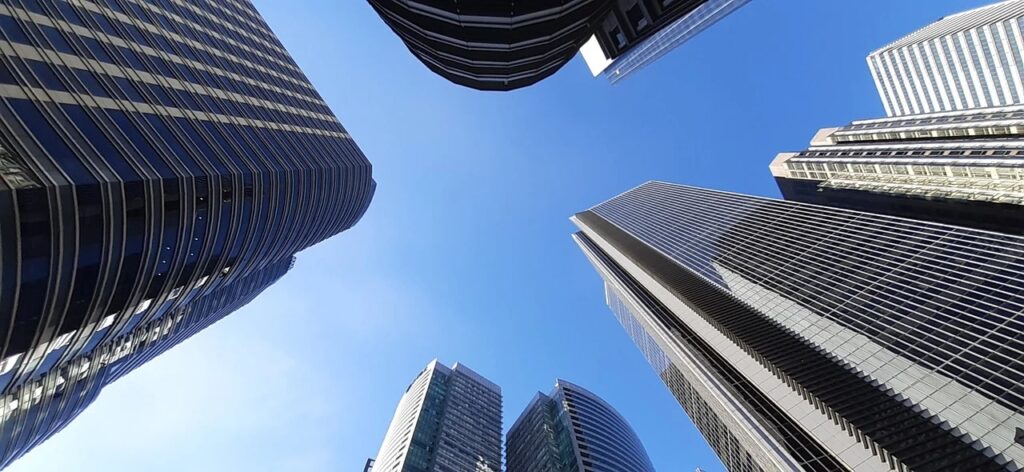
At its core, metal roofs have exceptional density and durability. However, constant exposure to moisture can speed up its brittleness, effectively shortening its lifespan and performance. Metal roof coating materials can extensively extend your roof’s lifespan. Here are five types of metal roof coating materials and their respective pros and cons.
Zinc coating is a protective finish that protects metal roofs from corrosion. Roofers use spray guns to apply the coating on metal roofs and a heat gun to cure and dry the coating. Although these benefits seem perfect, zinc metal roof coating can be hard to apply because it requires special equipment and skills. The process also tends to leave behind a lot of excess coating despite careful application.
Alternatively, you can use zincs The pros of using zinc roofs are that they are environmentally friendly, sustainable, and durable. On the other hand, they do not offer the same density and protective capability you can get with other roofing materials.
Aluminum roof coating improves metal roof longevity and lifespan by lending aluminum’s durability and corrosion resistance. The coating achieves exceptional life-extending UV reflectivity, affordable, and reduces rusting, making it perfect for beach and riverside properties in high salt areas.
You can use aluminum roof materials and enjoy aluminum’s roofing benefits. However, aluminum has weak wind resistance because of its weight and integrity. With this in mind, combining dense, steel roofs with aluminum coating ensures optimal corrosion and moisture resistance with exceptional density and structural dependability.
The most popular type of paint for metal roofs is acrylic elastomeric coating. This water-based, high-performance coating has elastic properties that increase the life span and durability of the roof. It's environmentally safe and is not toxic because it is free of solvents, heavy metals and toxins.
Acrylic elastomeric is made from solvents, pigments, fillers, wax, and acrylic resin. The resin component increases the metal roof’s exterior seals, ensuring zero leaks and damage during the the most severe rain, hail, and snowstorms.
These coatings are typically applied through spray or brush-on techniques, and have a number of desirable characteristics. They are moisture resistant, durable, fire-resistant, introduce anti-skid, and offer UV protection.

Silicon coating is applied in a liquid form, and then begins to cure on contact with the roof. As the silicon cures, it forms a tough waterproof layer on the roof, protecting it from water damage. Silicon roof coatings are available in a variety of colors suitable for any residential property color scheme.
Spray polyurethane foam (SPF) is a two-component, closed-cell spray foam insulation that generally comes as an aerosol can. It is made up of isocyanate (polyol) and polyol resin (polyisocyanurate). When the two components are mixed, they react chemically, creating an expanding foam that is sprayed onto the metal roofing surface.
SPF works as a metal roofing material because it becomes rigid when it cures (dries) and bonds to the roof. It is also durable, waterproof and fire resistant. The process of installing metal roofing generally begins with taking measurements to ensure that your project will fit on the chosen metal surface.
Get the best metal roofing installations by using Turbo Roofing’s services. Contact us today to learn more about everything we can do for you.